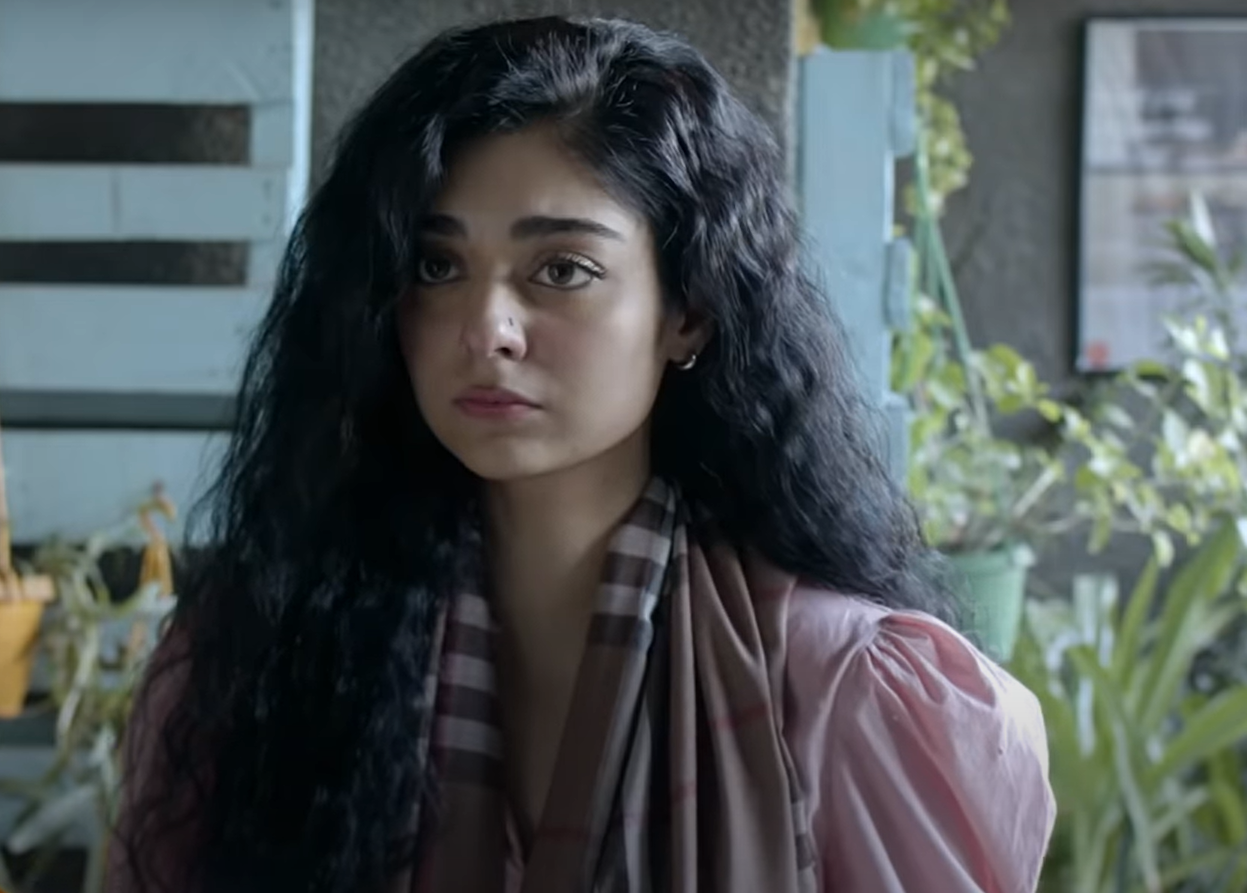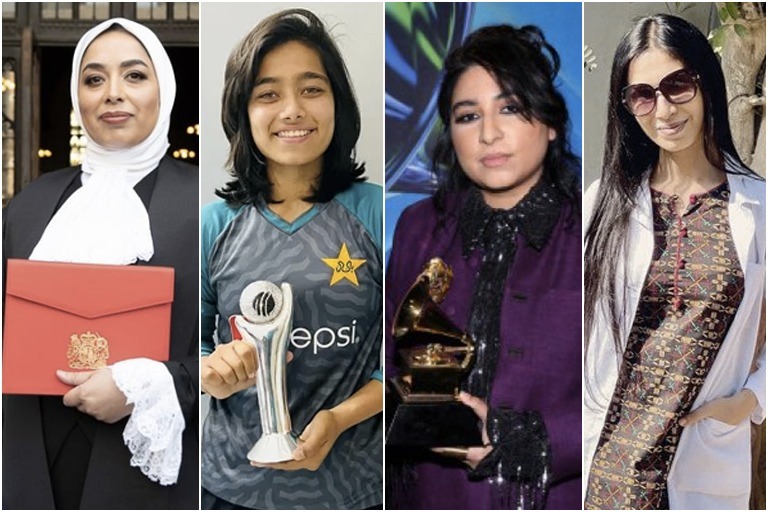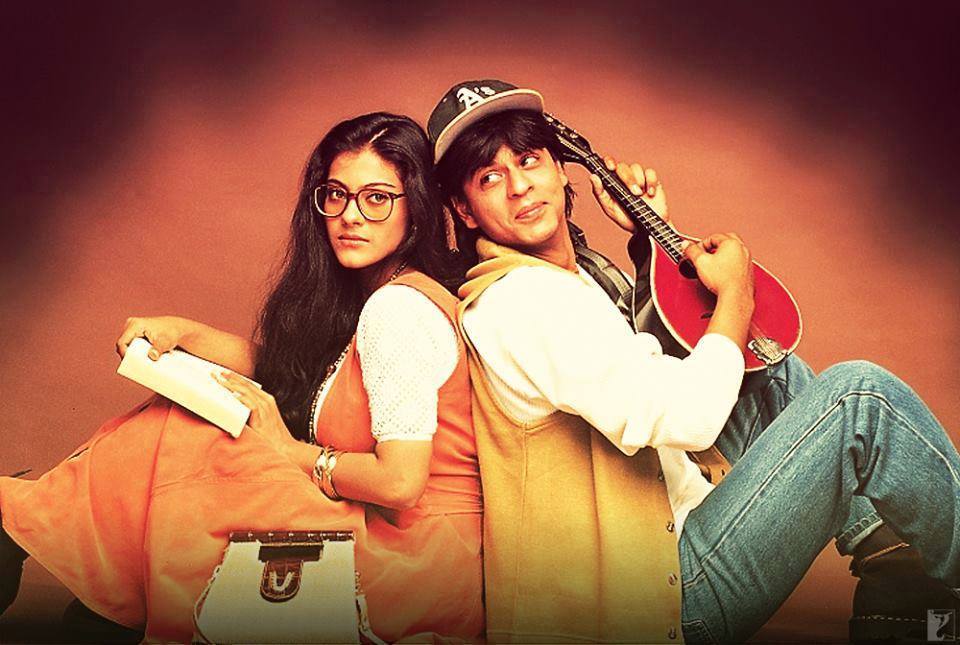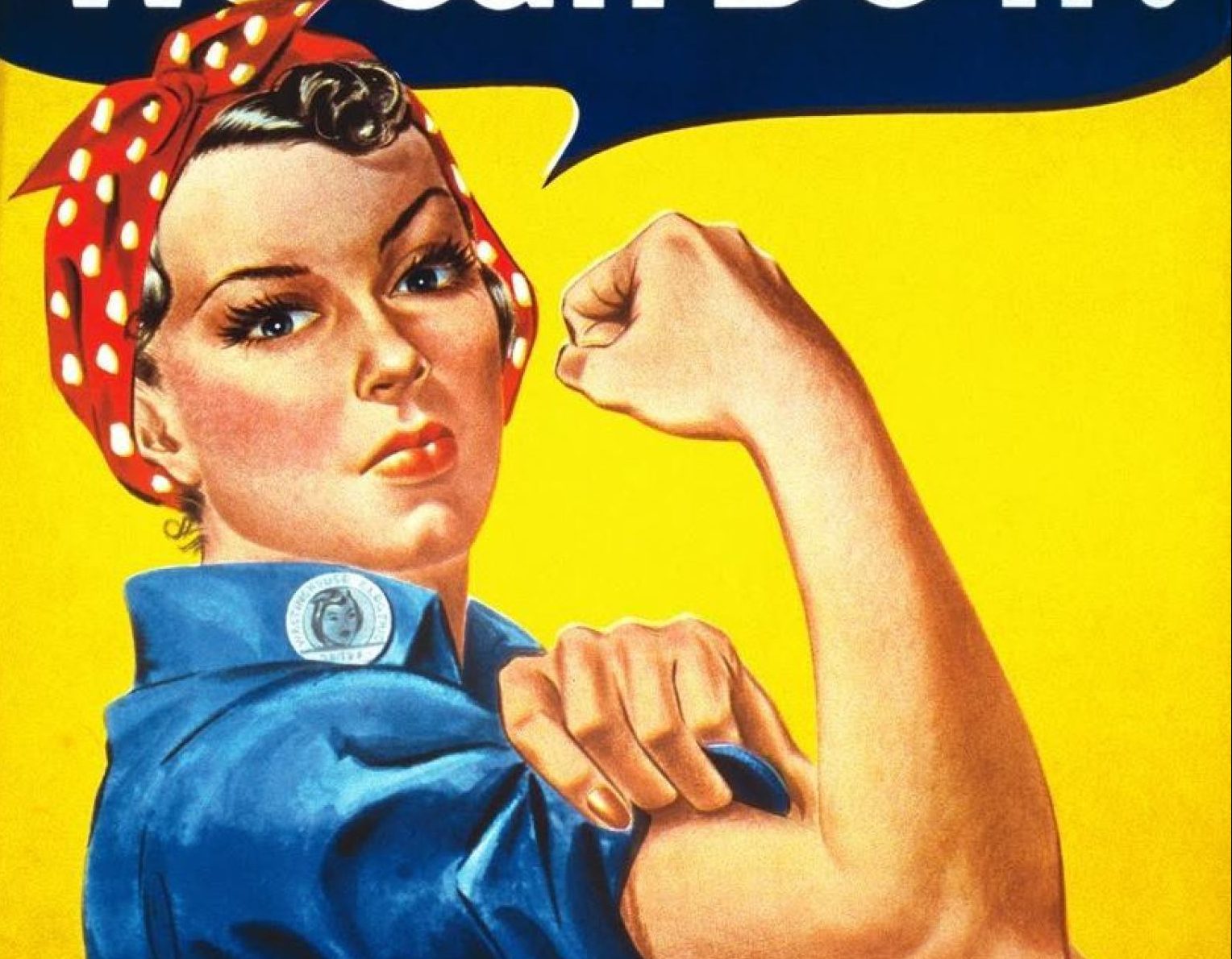KARACHI: Pakistani dramas seem to be in a particularly experimental mood these days, and not in the best way. Days after the Fiza Shiza fiasco followed by the outrage on Aitebar's storyline, a new drama has caught the viewers’ attention. Literally titled ‘Main Aisi Kyun Hoon’, the drama not only instills self-doubt and a sense of inferiority amongst women, its protagonist is hair-shamed by her husband for having curly hair.
The husband goes on to further express his hatred for her hair and the pain that he has to go through when he realizes that their daughter has inherited the same hair texture.
With only one episode on air so far, drama serial Main Aisi Kyun Hoon has managed to irk many, and rightly so. South Asian women continue to feel inferior due to their skin tones. The ‘gora complex’ is very real in our part of the world. Most of us grow up admiring lighter skin tones because we believe them to be more beautiful. Women, specially, are urged to alter the way they look to please the masses. Be it their skin tone, skin texture, weight or height, women never seem to be good enough.
Straight hair, too, have been set as the standard of ultimate beauty by society. However, what we did not expect was to see our dramas encouraging the same problematic narrative. Pakistani women may use hair treatments or irons to straighten their hair, but the problem is not ours to begin with. Curly hair is an important part of Black people’s identity. In fact, kinky or coily hair is what they have. For decades, the Black community has been marginalized for the way they look. Their skin tone and hair texture has resulted in racism against the community. The entire debate of ‘lighter skin tone and straighter hair are prettier’ goes back to roots of racism. Black people wear wigs, braids or hair wraps to ‘tame’ their hair. For many Black women, letting their natural hair down is a deep-rooted struggle with being uncomfortable in their own skin.
Social media did not miss out on the problematic storyline of Main Aisi Kyun Hoon. “There is a writer that was paid to come up with this script, and a producer who thought it was good enough to make a show about. RIP,” one user tweeted.
Meesha Shafi, too, expressed disbelief over the kind of content being aired on local television.
Makeup artist Bina Khan, on the other hand, beautifully summed up why the concept is toxic to begin with. “I’ve been talking about skin positivity for 25 years now but we don’t talk about hair positivity enough. Whether it’s a post colonial hangover or just constantly reinforced arbitrary beauty standards made up by companies selling you things, we have hang ups around hair as much as skin,” began the makeup artist before opening up about her own insecurities.
View this post on Instagram
Referring to her makeup line of Just B Cosmetics, Khan encouraged honouring all kinds of skin tones and hair textures. “Of course the other elephant in the room is the rampant misogyny that commodifies women, turning them in to products that a man agreed to buy. That we don’t see the deep need for women’s rights, education and equal treatment (aka feminism) is a direct result of being trained by the patriarchal system we are in, to defend it at all costs and attack those who question it,” she reflected.
“You’ve been trained to hate the women asking for better rights and to hate the word for equal rights for women. Think about that. I was shocked to hear that people’s marriages break up over this. Over hair texture?!” the makeup artist expressed her disbelief.

Here is to hoping that our writers learn from their mistakes. That our audiences continue to call out problematic narratives. That our women grow to be completely and unapologetically themselves, whether on screen or off.













